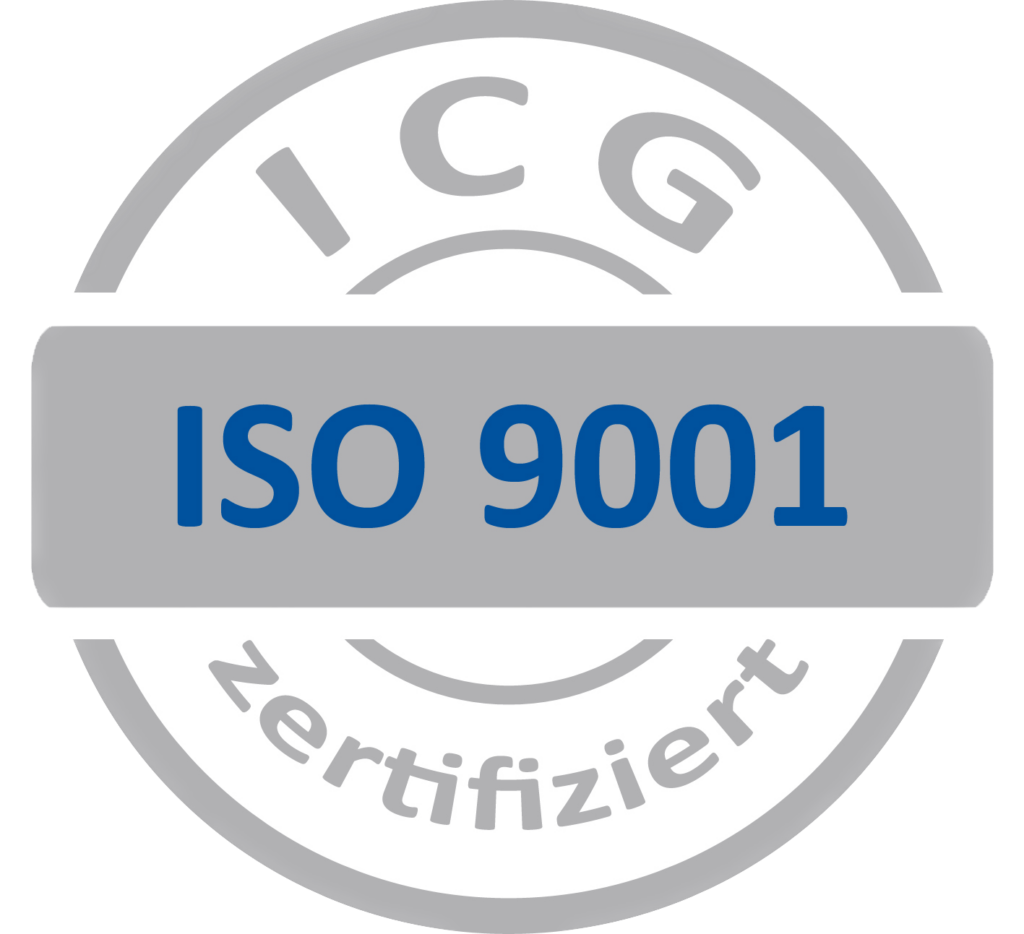In the world of high-tech materials, quartz glass has long been at the heart of a wide range of applications in various industries. Thanks to its exceptional properties, quartz glass is used in the semiconductor industry, in optics, in chemistry and in research and development.
We at GVB are a leading provider in quartz glass processing and offer solutions that are not only innovative, but also tailored to the specific requirements of our customers.
Let's take a closer look at the unique properties of quartz glass, its applications and the advantages it has over conventional glass.
What is quartz glass?
Quartz glass is a very pure material consisting mainly of silicon dioxide (SiO2). This purity not only gives it its special physical and chemical properties, but also makes it transparent to a broad spectrum of light wavelengths, including the ultraviolet (UV) range.
What are the properties of quartz glass?
Quartz glass, also known as silicon dioxide glass, is a material characterized by its purity and its thermal and optical properties. One of the most outstanding advantages of quartz glass is its exceptional temperature resistance.
Quartz glass can withstand extremely high temperatures without losing its shape or optical properties.
What is the melting point of quartz glass?
The melting point of quartz glass is around 1670 °C (natural quartz glass) - 1700 °C (synthetic quartz glass), which is significantly higher than that of conventional glass. This high melting temperature makes quartz glass ideal for applications that require exposure to high temperatures, such as in the manufacture of semiconductor components or in the optical industry.
The refractive index of quartz glass is an important factor
The refractive index of quartz glass is used in optics and photonics. Quartz glass has a refractive index of around 1.46 at 589 nm , which enables low light dispersion and makes it ideal for the manufacture of lenses, prisms and other optical components.
In addition to these properties, quartz glass is also known for its exceptional chemical resistance. It is resistant to most acids and other aggressive chemicals, making it a preferred material in chemical processing and analysis.
Is quartz glass UV-permeable?
One of the most remarkable properties of quartz glass is its permeability to UV light. Unlike conventional glass, which blocks UV light, quartz glass allows UV rays to pass through.
This property is particularly valuable in applications that require sterilization or UV photolithography, such as in medical technology and semiconductor manufacturing.
Where is quartz glass used?
The unique properties of quartz glass make it a versatile material that is used in a wide range of industries.
- Quartz glass in the semiconductor industry: Quartz glass is used for the production of wafer containers, masks and other critical components.
- Quartz glass in the optical industry: Here it is the preferred material for the production of laser optics, mirrors and optical fibers.
- Quartz glass in the solar industry: The material is used in chemical processing and biotechnological research.
Can quartz glass be cut?
Despite its hardness and temperature resistance, quartz glass can be precisely cut and shaped using specialized tools and techniques. GVB offers customized processing solutions to manufacture quartz glass products according to the exact specifications of the various applications.
What is the difference between quartz glass and normal glass?
The difference between quartz glass and normal glass lies mainly in the chemical composition and the resulting physical properties.
While conventional glass consists mainly of silicates, quartz glass (also known as fused silica or fused quartz) is made of pure silicon dioxide (SiO2).
- Quartz glass is characterized by its high thermal shock resistance, which means that it can withstand rapid temperature fluctuations without cracking. This property is particularly important for applications that require rapid heating and cooling cycles.
- The chemical resistance of quartz glass is another advantage over normal glass. Due to its pure composition, it is resistant to most acids and alkalis , making it an ideal material for chemical reaction vessels and other laboratory equipment.
- In addition, the UV transmittance of fused silica is a crucial factor for its use in applications that require high light transmission in the ultraviolet range, such as UV disinfection systems and UV photolithography in semiconductor manufacturing.
Quartz glass is a material with exceptional properties
Quartz glass, or fused silica, enables a wide range of applications in industry and research. From its high thermal shock resistance and chemical resistance to its excellent UV transmittance, fused silica offers significant advantages over conventional glass.
GVB is at the forefront of providing high quality quartz glass products and customized solutions that meet the specific needs of industrial customers.
This makes quartz glass a key material that contributes to innovation and efficiency in numerous fields.
GVB offers a suitable solution for your individual needs
Our team is at your side as experts for special glass. Whether you are interested in purchasing or customized processing, we will focus entirely on your needs.

